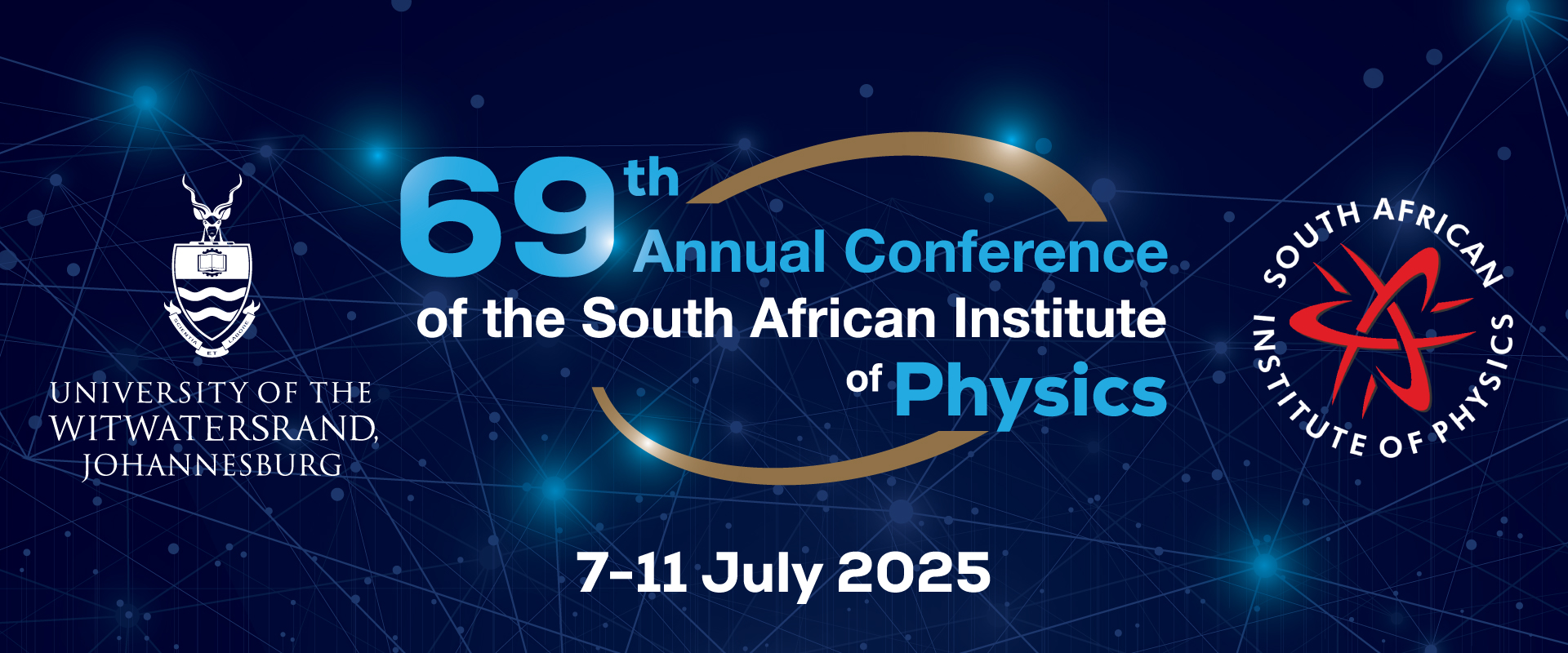Speaker
Description
The $tWZ$ production is a rare and unobserved Standard Model process which refers to the production of a single top quark with an associated W boson and Z boson. The $tWZ$ process is sensitive to top-electroweak couplings and thus it will be an important input into global Standard Model Effective Field Theory (SMEFT) fits. Additionally, this process can be used as a background in other top process such as $ttZ$ cross section measurements. A search for $tWZ$ production was performed using $140\text{fb}^{-1}$ proton-proton collision data at center of mass energy of $\sqrt{s} = 13$TeV measured with the ATLAS detector at CERN. This search will focus on 4 lepton final states (electrons and muons). The analysis has been re-implemented on Release 25 and on latest ATLAS recommended analysis frameworks, TopCPToolKit and FastFrames. The signal regions (SRs) and control regions (CRs) were defined based on multiplicities of physics objects such as the number of jets, number of b-tagged jets, number of Z boson candidates, etc. A deep neural network is used to discriminate signal and background. The signal parton shower systematic uncertainty will be evaluated for the first time. The expected signal strength of $tWZ$ production $\mu_{tWZ}$, will be extracted using a blinded maximum-likehood fit to multiple SRs and CRs with full systematic uncertainties.
| Apply for student award at which level: | MSc |
|---|---|
| Consent on use of personal information: Abstract Submission | Yes, I ACCEPT |

